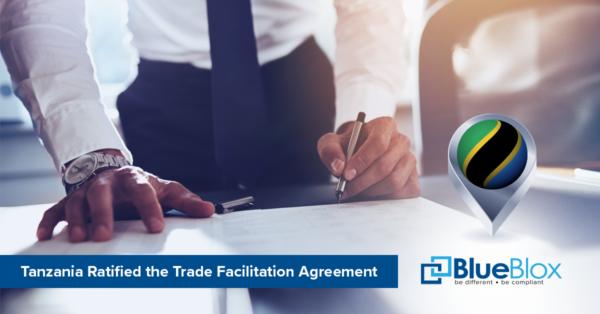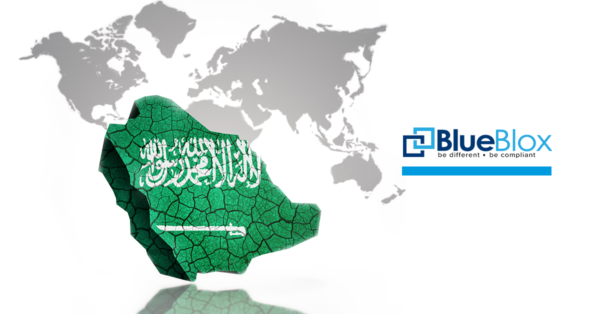
A look at the complex re-export of DGI and FGI goods held in Pakistan
THE CHALLENGE
As the result of a long-running direct warranty support programme for Pakistan customers, our client held significant amounts of Defective Goods Inventory (DGI) and Finished Goods Inventory (FGI) in the country; goods that it wanted to export.
But the goods were trapped. Our client had experienced three years of hearing ‘No’ from various consultants, until they approached BlueBlox. We conducted a market investigation, to ensure that the client understood prevailing market perceptions, including why other consultants had reached their conclusions.
We then conducted a legislative review, to clarify the situation relating to our client’s backlogged units, and to identify short- and long-term solutions. We concluded that:
- In general, Pakistan’s logistics community believes that defective or previously imported goods can’t be re-exported out of Pakistan.
- Most, if not all, stakeholders in the market believe that re-export might be possible for DGI units, but not for unused FGI units.
- For a legislative perspective, the Pakistani export legislation contains elements that aren’t in accordance with usual international norms, specifically when it comes to re-exporting goods.
- In addition, the Legislation is unclear on units like this, which require re-export as a by-product of how our client’s warranty replacement channel operates.
In conclusion our findings outlined that despite common practices and believes in the local market, that re-export of goods from Pakistan should be possible.
In short, there appeared to be nothing in the legislation to say that goods in this situation can’t be re-exported. But there was also little concrete direction.
The legislation simply couldn’t foresee this type of business model, and this is where BlueBlox needed to establish our own precedent, if you will.
BLUEBLOX SOLUTION
In short, we showed the client an alternative interpretation of the legislation; one that could potentially be to the advantage of both the client and the authority. This was exciting for us at BlueBlox, because we recognised the extent to which establishing a continuous supply chain flow would help the country to benefit in the future.
BlueBlox developed a strategy for our client to work within the legislation, together with an overview of how best to approach the authorities. By looking at the problem from a business perspective, and from the client’s perspective, instead of only theoretically, we found workable solutions for the existing situation and for the future.
Additionally, we engaged in trade facilitation dialogue with the authorities, to yield answers that would serve not only the business but also the country.
CLIENT BENEFITS
Before coming to us, our client was absolutely stuck. They had a backlog of goods in Pakistan and no way to compliantly retrieve them. Leveraging our research, the client was able to understand why their products were getting stuck, and what the options were. Conducting robust local research like this would have taken the client months – especially since they didn’t have an established importing and exporting network through which to do it. But, by using BlueBlox, they got workable answers and solutions within weeks.
BlueBlox’s view was that our client’s DGI and FGI units shouldn’t be affected by re-export legislation. But Pakistani legislation couldn’t foresee our client’s type of business model, so we needed to establish our own precedent. Again, we were excited by this because a continuous supply chain flow would benefit the country and support our firm belief that,
‘It is possible to find a solution between public and private entities, while remaining completely compliant and above-board.
All you need to do is call in the experts.’
Want on-the-ground research for your business? Contact BlueBlox to discuss your needs.





